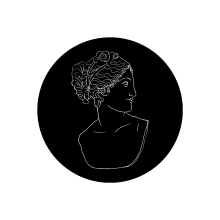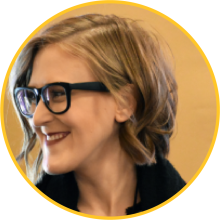Who Are We?
This working group will explore and experiment with questions related to data colonialism, the counter archive movement, postcolonial archives, extractive data technologies, Collections as Data, AI and cultural heritage work, reparative practices for medical humanities, the affordances/limitations of existing digital archival platforms, and dismantling white supremacy in the archives (Caswell). Our discussion and outcomes will focus on strategies for repair, and alternatives for when repair is not possible or preferred.
What is Reparative Archiving?
Current reparative archival practice focuses on strategies to identify and alert users of potential harm, including notices of dismissal, racism, ableism, and sexism within the archival description of records (Brilmyer 2018; Caswell, Punzalan, Sangwand 2017; Christen 2019; Christen 2022; de Souza 2023; Frick & Proffitt 2022; Hughes-Watkins 2018; Payne 2022). These known methods of reparative description are critical interventions that mitigate harm perpetuated by existing archival practice.
And yet, additional methods and tools are needed across the spectrum of archival activities, which are themselves often invisible to researchers: appraisal, collection policies, organization, deepened understandings of material format and medium, and access & preservation of records. Conversely, digital humanities work that centers the voices of those most marginalized and underrepresented in institutional memory projects are often disconnected from archival theory (Crosby 2020; Garland-Thomson 2002; Gallon 2016; Johnson 2021; Noble 2016; Philips 2017).
As digital humanities practitioners increasingly turn to open-source platforms and/or static web technologies to build digital archives and collections, there is an urgent need to facilitate conversation between these two disciplines and foster the design of technical solutions and research outputs oriented toward repair.
Topics of Interest
Reparative archives
Counter archives
Data colonialism
Discussing affordances of existing digital archival platforms
Digital traces
Post-colonial archives
Dismantling white supremacy in the archives (Caswell)
Restoration vs. repair
Extractive data techniques
Strategies for repair
Coalition building
When repair is not possible//hope with teeth (Miéville)
Health/medical humanities approaches to repair





